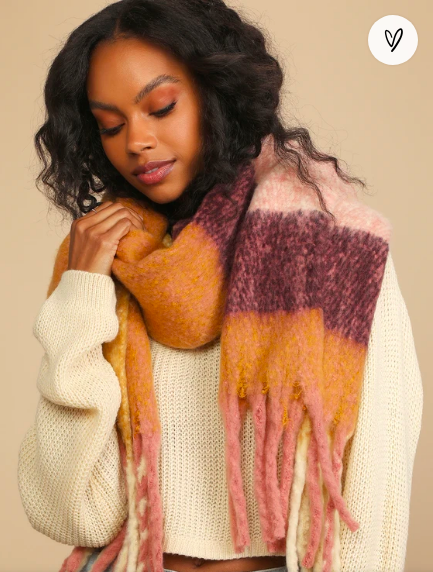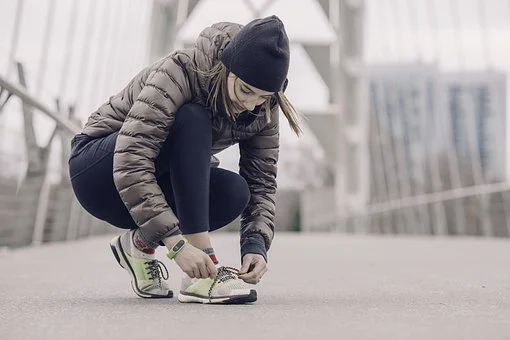Lightweight down jackets deliver superior warmth and protection, making them the ideal coat for adventures or even just your every day errand. Without a doubt, they are a top choice for packable, practical winter jackets.
If you don’t already own any down jackets, you should consider investing in one for a number of great reasons that can’t be matched. Before you jump the gun and purchase just any old down coat, we weigh the pros and cons and walk you through finding one that’s ethically sourced.
Duck Down vs. Goose Down
You can find the natural materials in either duck down, goose down, or a combination of the two, which happens to be the more affordable option. Goose down overall is generally more expensive but duck down has gained more recognition due to its price point and availability.
Goose down has high fill power and minimal odor issues which makes it easier to incorporate into more products. Goose clusters are also naturally bigger since they’re larger birds. In turn, this makes goose down more durable and strong and the fill power lasts longer than duck feathers.
What to Look for When it Comes to Insulation

Overall, when it comes to insulation, the difference between the two feathers is small. They both have similar structures resulting in delivering the same warmth, which is all we really care about, right?
Hikers’ HQ notes that the percentage of down material plays a large part though. More clusters of feathers create more air pockets that trap air and provide warmth so two ounces of duck down with 500 fill power is warmer than an ounce of goose down with 700 fill power.
When shopping for the perfect down coat, you should look for a fill power of at least 550. Remember, the higher the fill, the pricier the jacket becomes, but for good reason.
Pros
There’s so many reasons to love a good down coat. The first being that they’re more than just a high performance coat suited for outdoorsy explorers, they’re also capable of a fashion moment since the puffer style has exploded in popularity. Further, despite their bulky appearance, down jackets today tend to be incredibly light and easily packable, meaning the coat can be pressed into a small, flat formation to make it convenient to travel with.
Cons
When it comes to wetter conditions, down jackets do have their faults. For one, feathers take a while to dry out, making the jacket useless if you do get caught in a downpour.
Secondly, down jackets are arguably the warmest and best coats to own during the winter months, this is all thanks to the heat-trapping abilities of duck and geese feathers. However, the sought-after fluff doesn’t always have ethical origins. With that being said, it’s important to find a down coat that’s cruelty free.
What are Ethically Sourced Feathers & How to Find Them
The Responsible Down Standard (RDS) is an involuntary program for supplies that ensures that down and feathers come from animals that have not been subjected to any unnecessary harm. The RDS was developed with the help of farmers, animal welfare experts, land conservation experts, and brands and retainers from all parts of the globe. As troubling as it is, many birds are live-plucked or force-fed for their lush feathers but with the RDS in place, these practices are prohibited.
According to the Textile Exchange, a professional, third party audits each stage in the supply chain to grant certification that ensures the down and feathers is maintained at all times, from the farm to the final product.

Popular brands that have signed on with the Responsible Down Standard Certification include Eddie Bauer, Patagonia, The North Face, and Columbia. The best way to know is to spot the RDS logo.





